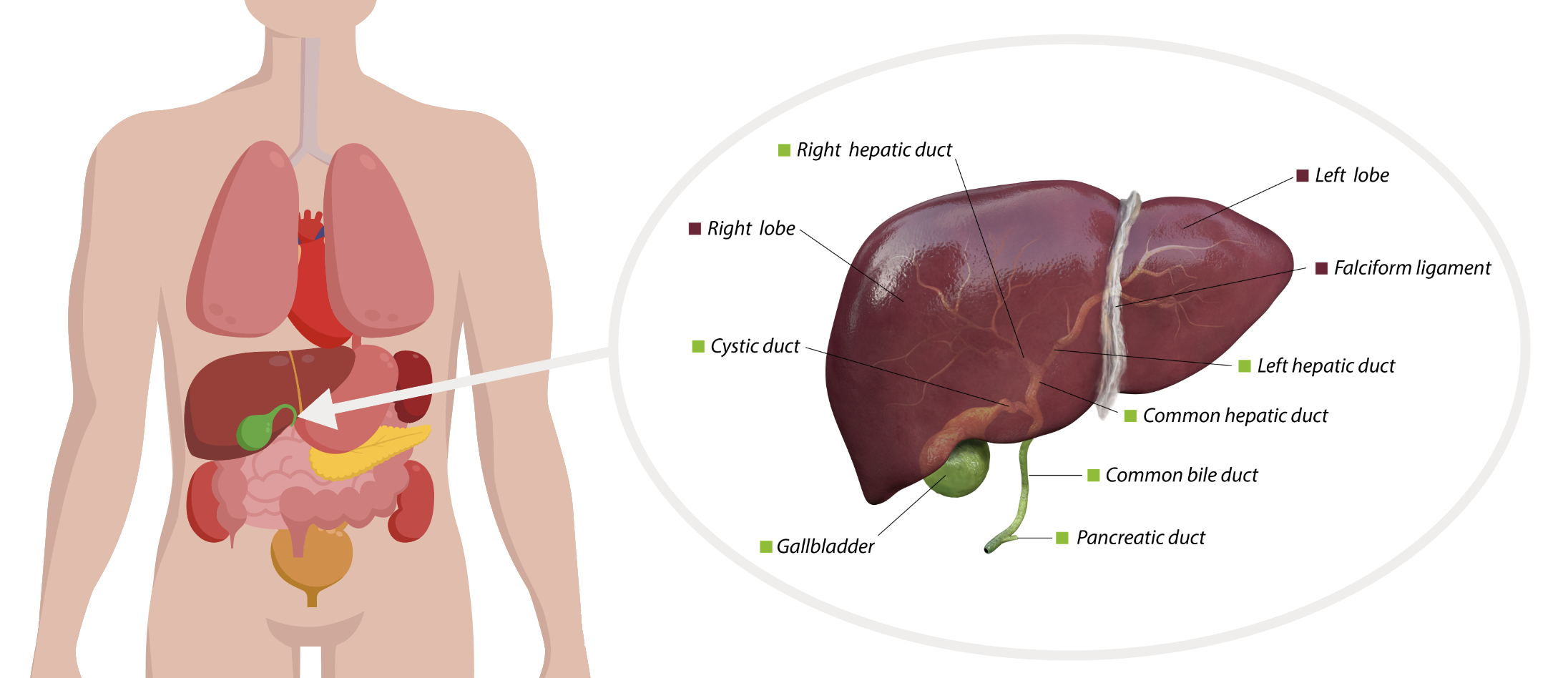Hepatocellular carcinoma, also known as HCCs or hepatomas, are cancers arising from liver cells (hepatocytes). They are the most common primary liver cancer (cancer arising from within the liver itself, as opposed to spread from somewhere else) in the world, and one of the most common causes of cancer deaths. They are especially prevalent in Asian countries such as China. In Western countries including New Zealand, due to differing risk factors, it is less common than metastatic cancers to the liver.
HCCs most commonly arise from abnormal livers, such as ones affected by cirrhosis and chronic hepatitis B. Cirrhosis is a condition of chronic liver damage and scarring due to a number of causes, such as excessive alcohol use, chronic hepatitis C, some uncommon congenital and metabolic disorders, and increasingly, severe fatty liver disease (steatohepatitis). Many patients with cirrhosis will be under the care of a gastroenterologist, and are monitored long-term through scans and blood tests to detect early HCCs.
Treatment of HCCs is complex and require multidisciplinary discussion. In addition to cancer factors, the state of the underlying liver often determines the best course of treatment. Some options include surgical resection, ablation, embolization, transplantation, and medical therapy.

